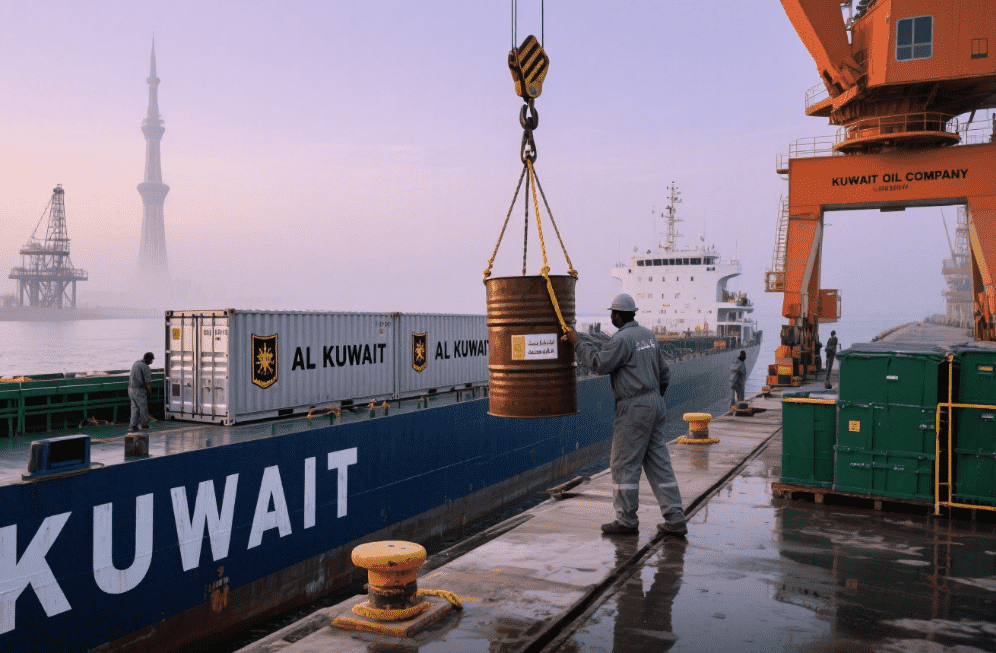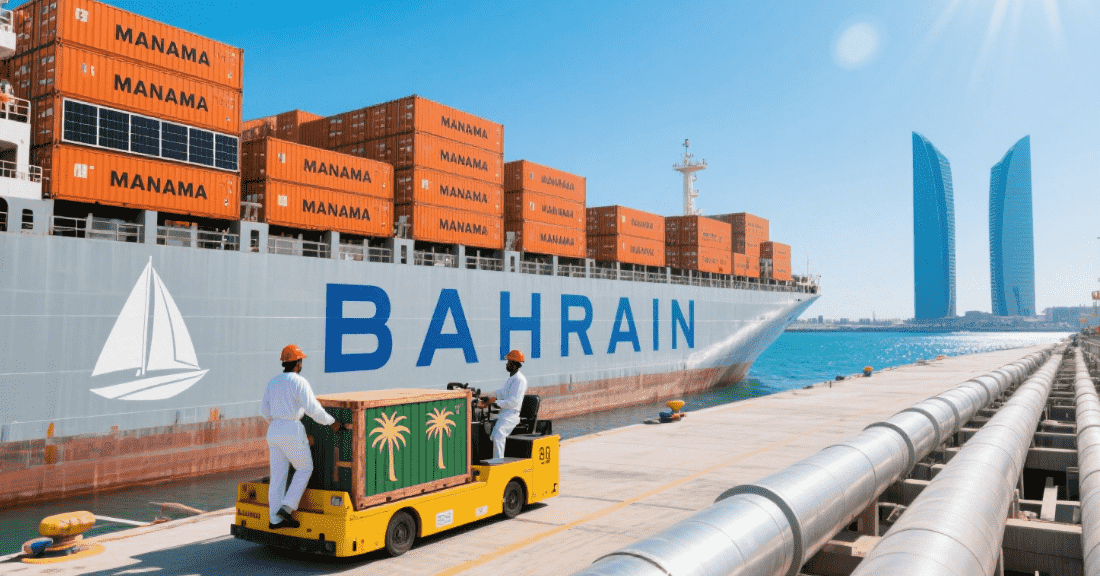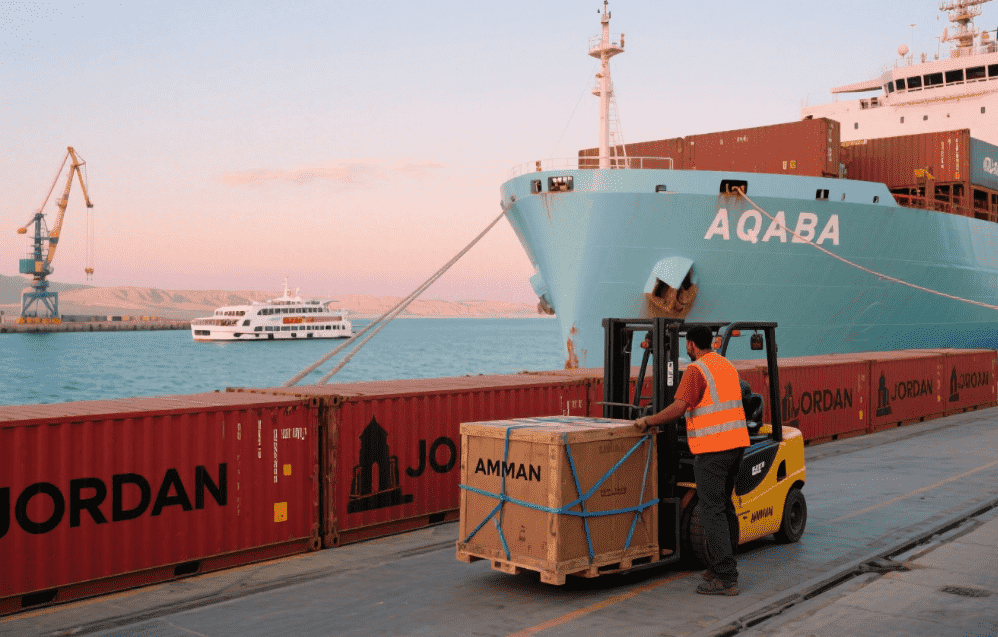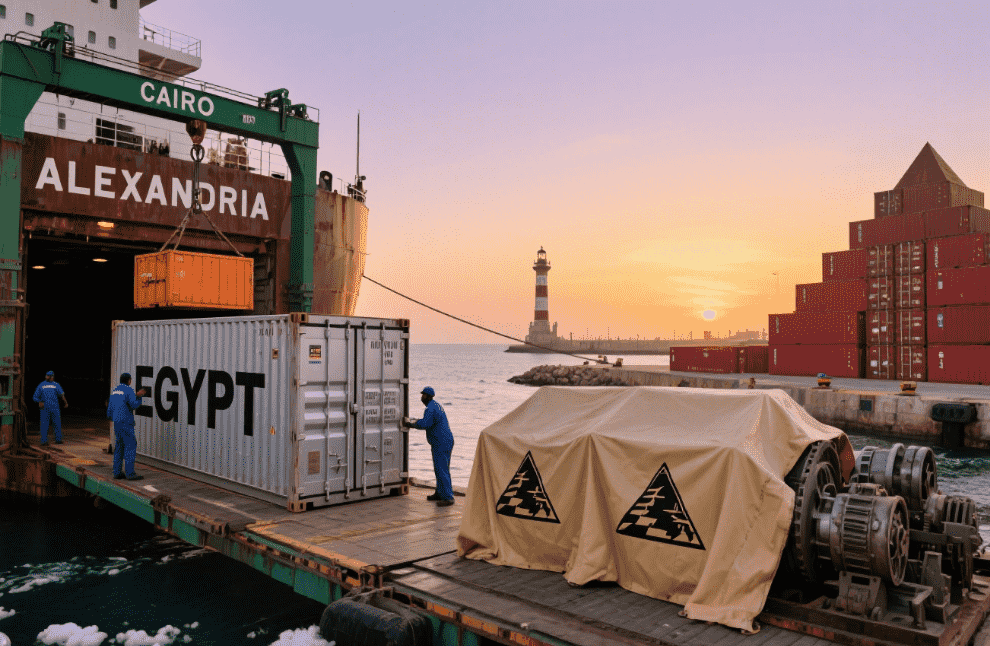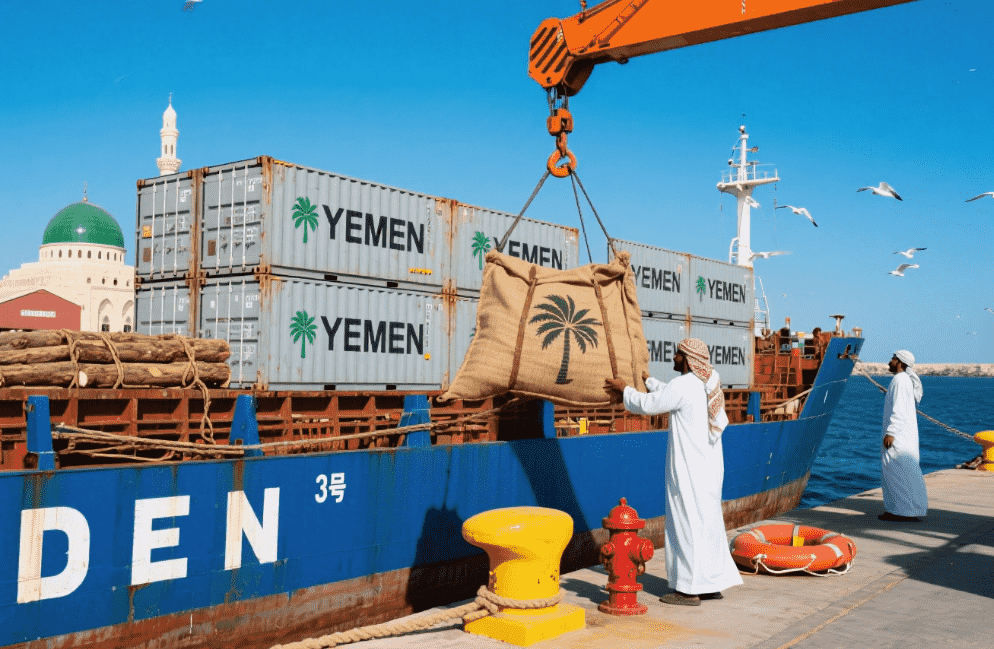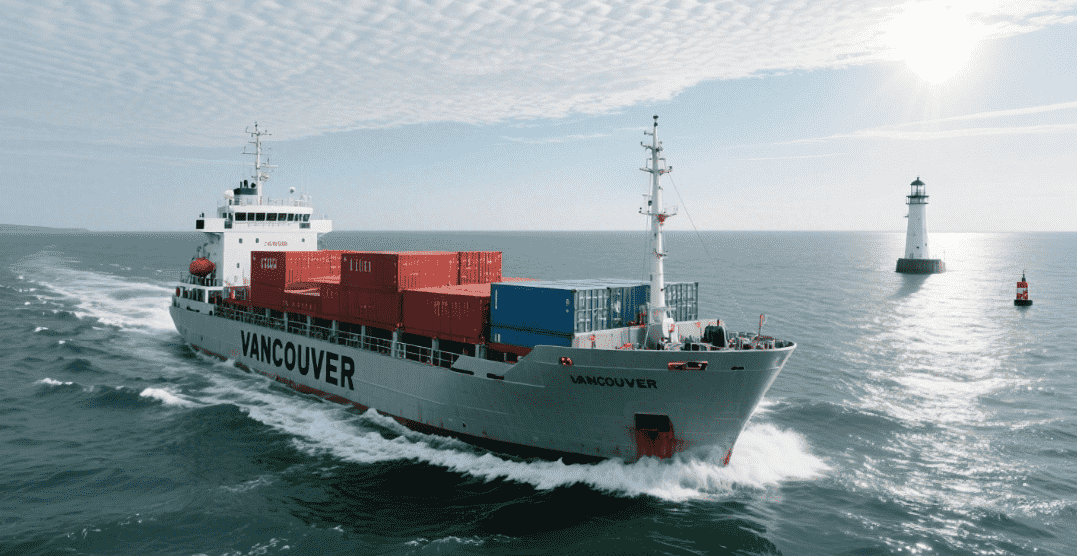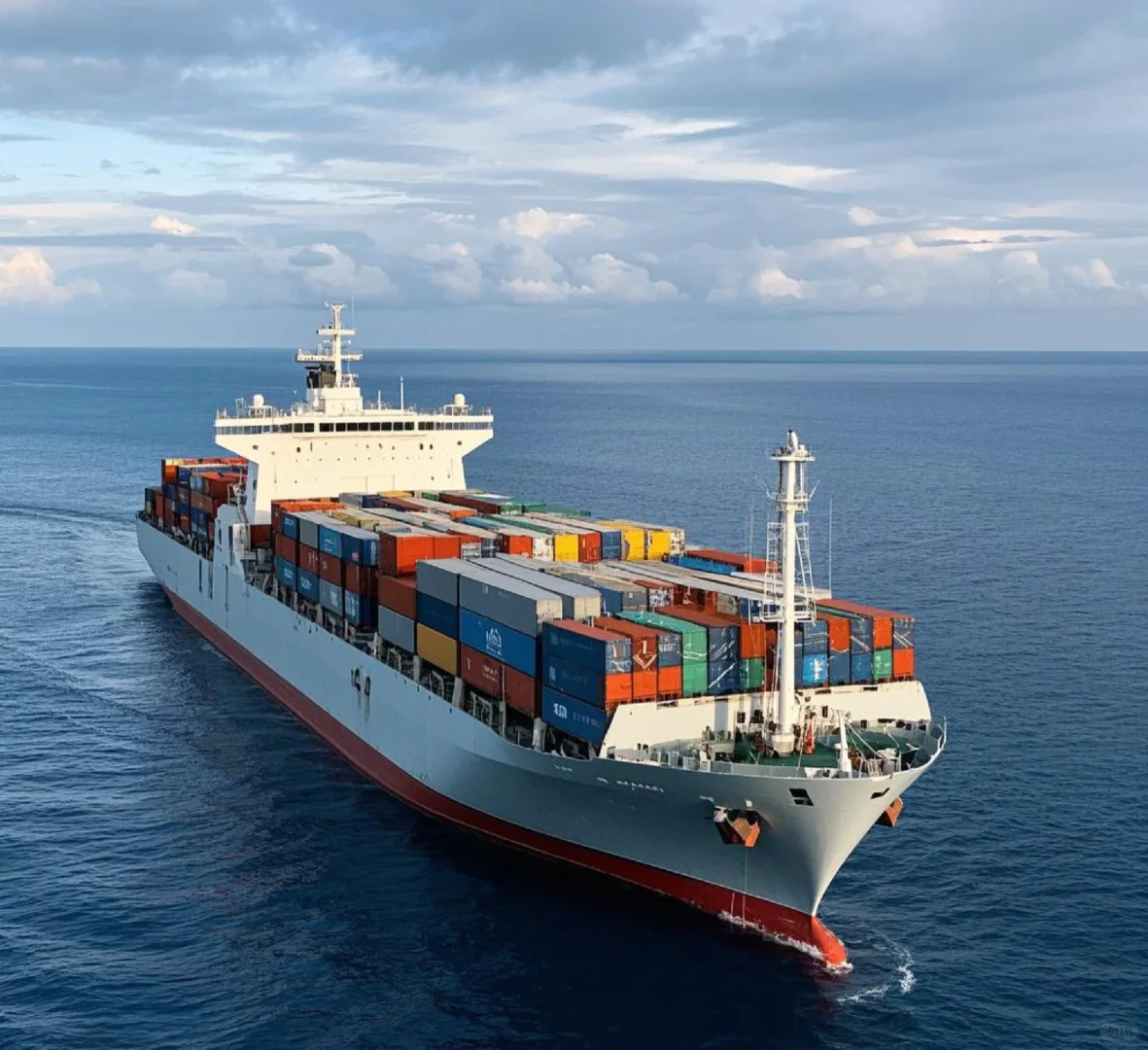
In our interconnected global marketplace, choosing the optimal freight forwarder has become a critical business strategy rather than just a shipping consideration. Whether you're exporting consumer electronics to European markets or garment shipments to Asian destinations, an expert logistics partner can optimize your supply chain, minimize expenses, and guarantee on-time arrivals. On the other hand, selecting the wrong provider may result in shipment delays, unexpected charges, and damage to your brand reputation. This practical guide offers key evaluation criteria to help you select a logistics provider that perfectly matches your company's objectives, with particular focus on customized international shipping solutions for export-focused businesses.
Why the Right Freight Forwarder Matters
A best freight forwarder acts as a bridge between shippers and global transportation networks, managing everything from documentation to customs clearance. For businesses relying on freight service, this partnership determines efficiency, compliance, and customer satisfaction. For instance, a study by the International Air Transport Association (IATA) found that 65% of shipping delays stem from administrative errors—a risk mitigated by experienced cargo agents skilled in navigating regulatory complexities.
1. Define Your Logistics Needs
Before evaluating providers, clarify your requirements:
- Modes of Transport: Do you need air freight for speed, sea freight for cost savings, or rail/truck for regional shipments?
- Cargo Type: Specialized goods (e.g., perishables, hazardous materials) require forwarders with niche expertise.
- Geographic Scope: Ensure the forwarder operates in your target markets (e.g., EU, ASEAN, or Latin America).
- Volume and Frequency: High-volume shippers may benefit from volume discounts, while sporadic shippers need flexible freight service options.
A logistics solutions provider like Winsail Logistics, for example, offers tailored services for diverse industries, from automotive to pharmaceuticals, ensuring compliance with international standards.
2. Evaluate Industry Experience and Expertise
Experience is non-negotiable. Look for forwarders with:
- Proven Track Record: A decade-plus in business often indicates stability and adaptability.
- Specialization: Some excel in project cargo (e.g., heavy machinery), while others focus on e-commerce fulfillment.
- Certifications: Membership in organizations like FIATA (International Federation of Freight Forwarders Associations) or IATA signals adherence to global best practices.
Tip: Request case studies or client testimonials to gauge their ability to handle challenges like port strikes or tariff changes.
3. Assess Global Network and Partnerships
A best freight forwarder must have a robust network of agents, carriers, and customs brokers worldwide. Key indicators include:
- Direct Contracts: Ownership of warehouses or trucks reduces reliance on third parties.
- Local Knowledge: Agents familiar with regional regulations (e.g., China’s VAT system or Brazil’s import licenses) prevent costly missteps.
- Digital Tools: Real-time tracking portals and automated documentation systems enhance transparency.
For instance, a forwarder with strong ties to major ports like Singapore or Rotterdam can expedite clearance for time-sensitive shipments.
4. Compare Pricing Models and Transparency
While cost shouldn’t be the sole factor, understand how forwarders structure fees:
- All-Inclusive vs. À La Carte: Some bundle services (e.g., insurance, storage) into a single rate, while others charge separately.
- Hidden Costs: Inquire about demurrage charges, currency conversion fees, or emergency surcharges.
- Value-Added Services: Premium forwarders offer cargo insurance, trade financing, or consulting to optimize supply chains.
Pro Tip: Use a request for proposal (RFP) template to compare quotes systematically, ensuring apples-to-apples comparisons.
5. Prioritize Communication and Customer Support
Effective freight service hinges on responsiveness. Evaluate:
- Dedicated Account Managers: A single point of contact simplifies problem-solving.
- Multilingual Teams: Critical for markets like Japan or the Middle East, where language barriers can delay shipments.
- 24/7 Availability: Global operations often require after-hours support, especially for urgent issues like damaged cargo.
Case Study: A client of Winsail Logistics once faced a customs hold in Germany. Their team resolved the issue within hours by liaising with local authorities, minimizing downtime.
6. Verify Compliance and Risk Management
Non-compliance with trade laws can result in fines or shipment seizures. Ensure your forwarder:
- Stays Updated: Regular training on regulations like the EU’s GDPR or U.S. Export Administration Regulations (EAR).
- Offers Insurance: Cargo insurance protects against loss or damage, a must for high-value goods.
- Has Contingency Plans: Backup routes or warehouses mitigate disruptions from natural disasters or geopolitical conflicts.
7. Leverage Technology for Efficiency
Modern forwarders use tech to enhance logistics solutions:
- AI and Automation: Predictive analytics optimize routing, while chatbots handle routine inquiries.
- Blockchain: Secure, transparent tracking of documents like bills of lading reduces fraud.
- API Integrations: Seamless connection with your ERP system minimizes manual data entry.
Example: A forwarder using blockchain reduced document processing time from days to hours for a client shipping to Australia.
8. Seek Long-Term Partnership Potential
The best freight forwarder grows with your business. Consider:
- Scalability: Can they handle sudden spikes in demand during peak seasons?
- Innovation: Do they invest in sustainable practices like electric trucks or carbon offset programs?
- Cultural Fit: Alignment in values (e.g., punctuality, transparency) fosters smoother collaboration.
Common Pitfalls to Avoid
- Choosing Solely on Price: Cut-rate providers may cut corners, leading to delays or damaged goods.
- Overlooking Insurance: Even with careful handling, accidents happen. Always insure shipments.
- Ignoring Red Flags: Poor online reviews or vague responses to questions about compliance are warning signs.
Conclusion: Your Path to Optimal Logistics Solutions
Finding the best freight forwarder requires diligence, but the payoff—efficient, reliable, and cost-effective freight service—is invaluable. By defining your needs, assessing expertise, and prioritizing communication, you can forge partnerships that drive growth. For businesses seeking a trusted cargo agent, platforms like Winsail Logistics (visit https://www.winsaillogistics.com) exemplify the blend of global reach and local expertise needed to thrive in international trade.
Remember: The right forwarder isn’t just a vendor—they’re an extension of your team, dedicated to delivering excellence at every mile.


